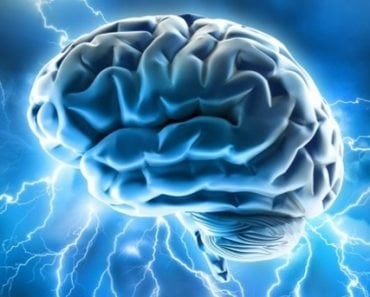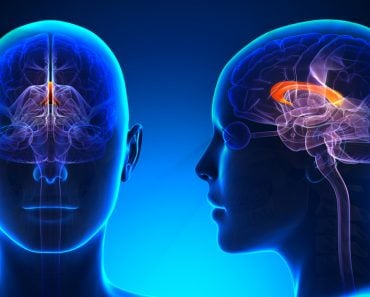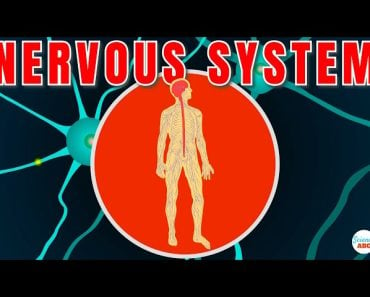Table of Contents (click to expand)
In bilinguals, a specific region called the Caudate controls language processing by switching between languages when a word is uttered or heard.
Can you understand more than one language? Can you communicate with people in a language other than your mother tongue? If yes, then you’re a bilingual!
A person who can understand and speak more than one language is considered a bilingual or multilingual individual.
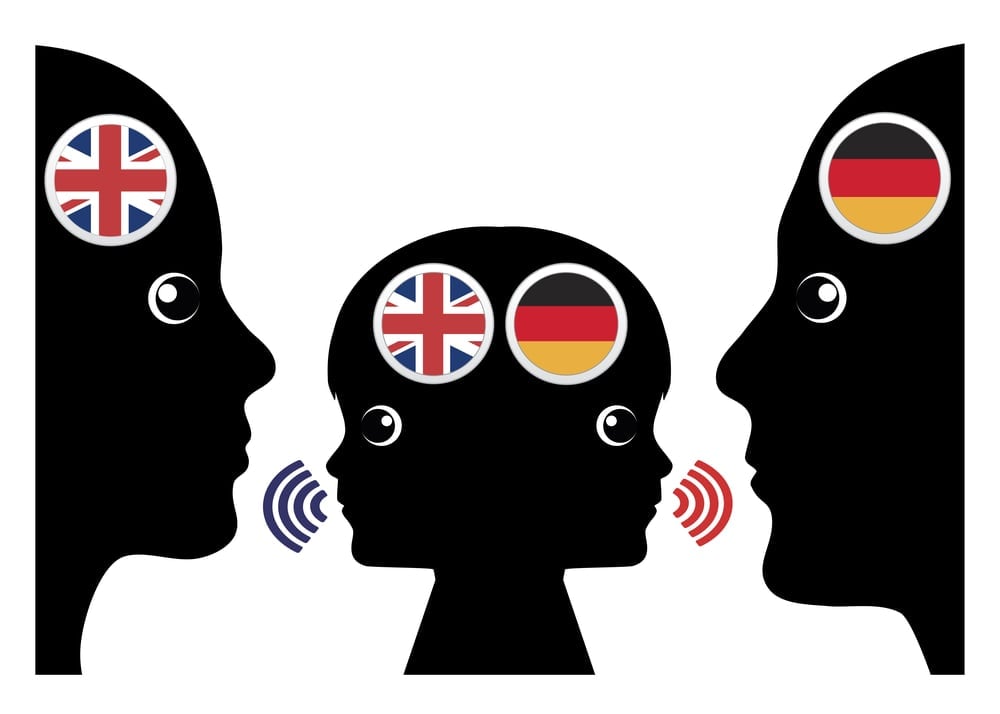
In the brain, the dominant hemisphere controls language, math and thought ability, meaning that, if you’re right-handed, your left hemisphere is dominant, and vice-versa. This dominant hemisphere is also responsible for memory, skills and IQ. At this point, many questions might arise in relation to language processing.
Will being bilingual affect the thought process? Will a bilingual brain get confused? Or will that bilingual skill make a person smarter? Above all, how does the brain differentiate between two languages? This article answers all these questions and more!
Recommended Video for you:
The Brain: A Map
The human brain stores words across several different regions of the brain. It’s more like a map, and we’re constantly navigating through it to process language. For example, the word “top” is located in two different locations in the brain, namely clothing and numbers.
The brain generally stores words in groups of similar types. Words related to visual experiences are grouped together and those related to social activities are grouped together and so on. Thus, when a word is heard, it is added to similar groups, and the information is therefore processed.
Similarly, when a word is about to be delivered, the brain searches for the information in the related groups and determines the word that needs to be delivered. However, for bilingual individuals, the mapping is quite a bit more complex.
Language Processing In The Brain
Four lobes of the brain play a vital role in understanding and producing language.
- The frontal lobe is involved in planning out what to speak. Within this is the Broca’s area, which is responsible for language production and grammar. This area combines sounds to produce words.
- The parietal lobe controls fine motor response, such as the movement of the tongue, throat and lips.
- The temporal lobe performs auditory processing. Within this is the Wernicke’s area, which is important for language, semantics, word meaning, comprehension and vocabulary. This region plays a role in understanding a language and speaking in a sensible way.
- The occipital lobe is responsible for visual processing. This region also helps to read people’s lips, gestures and facial cues.
- The cerebellum and brain stem control involuntary processes, such as continuing to breathe while talking!
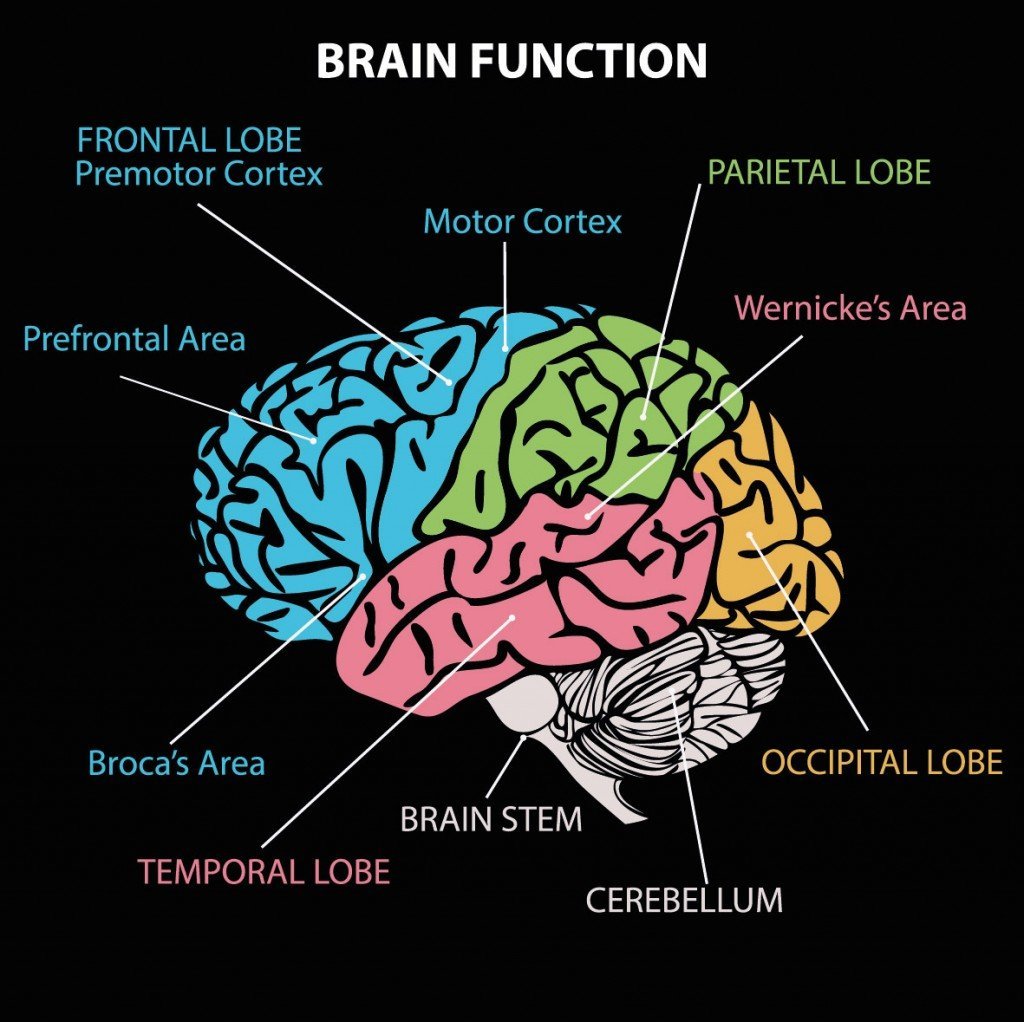
You hear a sound with the help of your ears, and the sound is then transmitted to the temporal lobe via the auditory canal. The signal then reaches the Wernicke’s area. Here the brain searches for the words that match with the received signal.
Once the word is found, it is then transmitted to the occipital lobe, where visual processing takes place. Now the brain has the complete idea and image of the received sound signal and begins planning the response in the frontal lobe. It determines what and how to respond with the assistance of Broca’s area. The brain decides the response action, the grammar and produces a response with the help of the parietal lobe.
Broca’s Aphasia
The Broca’s and Wernicke’s areas of the brain work together to understand and produce language meaningfully. Any damage to these regions will result in a condition called Aphasia, which might make a person look a bit insane, uttering completely meaningless sentences!
Bilingual Brain
Only the human brain has the unique ability to speak and understand multiple languages. The brain functioning for a bilingual person is relatively similar to that of a monolingual person. Bilinguals merely activate the same regions of the brain when they hear or produce a sound, regardless of the language being used.
However, an additional activity occurs in the left Caudate region of the brain in bilinguals, when the speakers shift from one language to another. This region primarily distinguishes the type of language being used. This region is found between the frontal lobe and the temporal lobe.
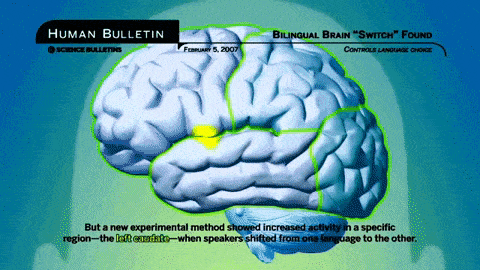
Another region that helps in language switching is the pre-frontal cortex. This region is primarily used to direct attention, to switch back and forth between doing different tasks and to think flexibly. It also helps in attention switching. It makes the brain more attentive to the sounds of languages in which you are more fluent. Thus, these two regions are very important for bilingual people.
As previously mentioned, the brain stores words in groups of similar types. In bilinguals, the brain first categorizes the language to which the word belongs, and then groups them accordingly.
Effects Of Bilingualism
Being bilingual makes you more attentive to events around you, it gives your brain good exercise, and makes you more open-minded. Bilingualism increases brain activity and promotes cognitive control. It also helps people switch between tasks more easily, since bilinguals are already fluent in switching between languages.
Bilingual children seem to be more empathetic and can see things from different perspectives than their own. They also become accustomed to diversity and different cultures. The level of adaptability in bilingual individuals is comparatively high. Several research studies also show that being able to speak multiple languages can hold back the onset of Alzheimer’s.
References (click to expand)
- A neuroscientist explains why being bilingual makes your .... The World Economic Forum
- Bialystok, E. (2011, December). Reshaping the mind: The benefits of bilingualism. Canadian Journal of Experimental Psychology / Revue canadienne de psychologie expérimentale. American Psychological Association (APA).



